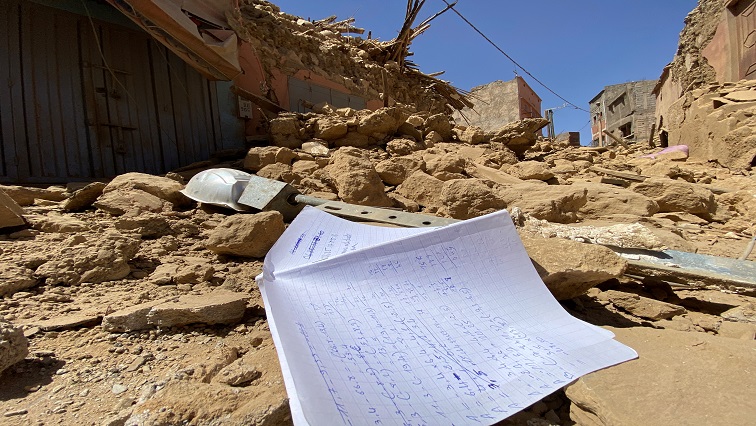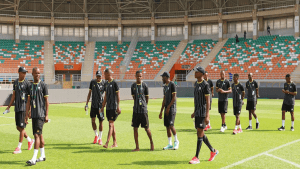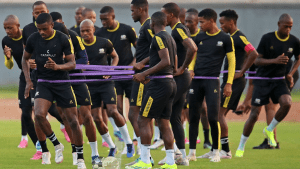With many roads still blocked by landslides, some Moroccan villagers on Wednesday loaded donkeys with supplies to take to remote areas inaccessible by vehicle, as some earthquake survivors’ frustration mounted at the pace of official response.
The 6.8 magnitude quake that struck the High Atlas Mountains late on Friday killed at least 2 901 people and injured 5 530, according to the latest official figures, making it Morocco’s deadliest since 1960 and most powerful since at least 1900. At a roadside, Iydouhmad Mohamed, 42, from the remote High Atlas village of Agndiz, sorted through bundles of relief supplies for his village 12 km away, which could only be reached by donkey.
No government officials had reached it yet, he said, days since the quake.
“Many people died in my village. Some families have lost 15 relatives. Others 12 or 7,” he said.
“We especially need tents. What we have is not enough. People including children are sleeping out in the open air only covered with blankets.”
Ordinary Moroccans have brought and delivered many of the supplies reaching mountain villages. The steep, rugged terrain and damaged roads have made the official response patchy, with some of the worst-hit hamlets the last to receive help. Field hospitals and shelters have been set up in more accessible sites.
Abdallah Houssein, 40, from the High Atlas village of Zawiyate said, “There is no road here. No one can remove the boulders which collapsed from the mountain.” “This is the sixth day after the earthquake. We are still sleeping out in the open air with our children. We have no blankets,” he said.
As he also packed donkeys, he said they could only make the journey to his village twice a day. With many survivors voicing frustration at what they see as the government’s slow emergency response, King Mohammed on Tuesday made his first televised appearance since the quake, meeting injured people at a hospital in Marrakech.
Reuters reporters said there was a noticeable increase on Wednesday in the number of troops, police and relief workers near the epicentre. Tent camps were being set up or expanded, field hospitals were busy and helicopters flew overhead.
Medics treated broken bones, cuts and trauma injuries from falling buildings as well as assisting people with chronic conditions such as diabetes, with medical supplies scarce.






